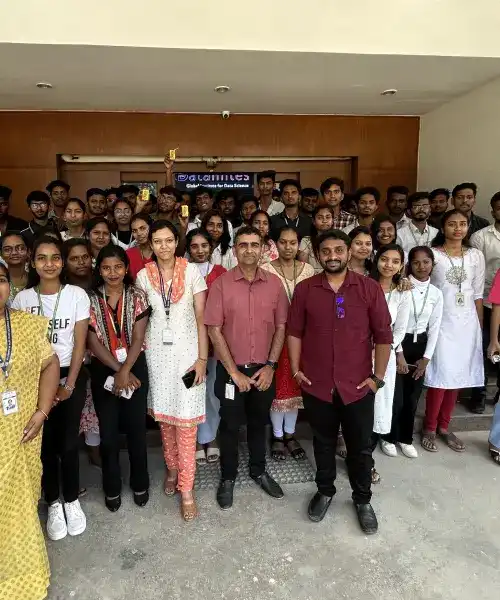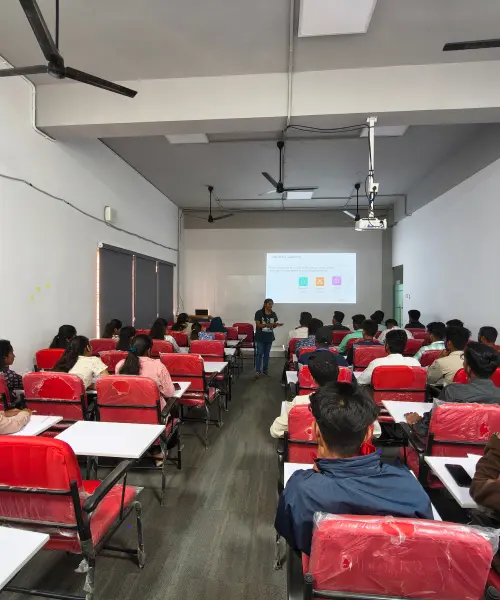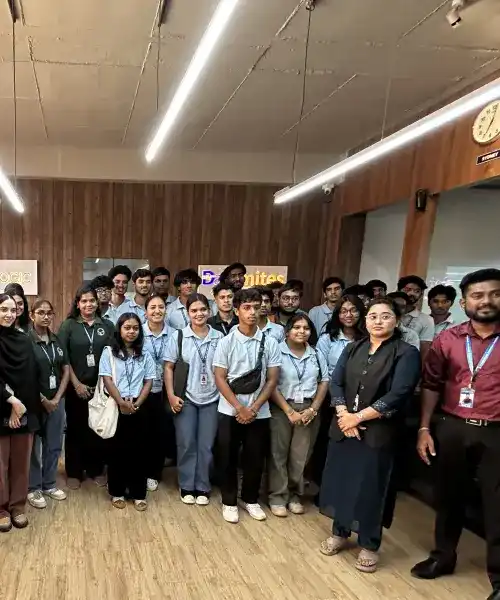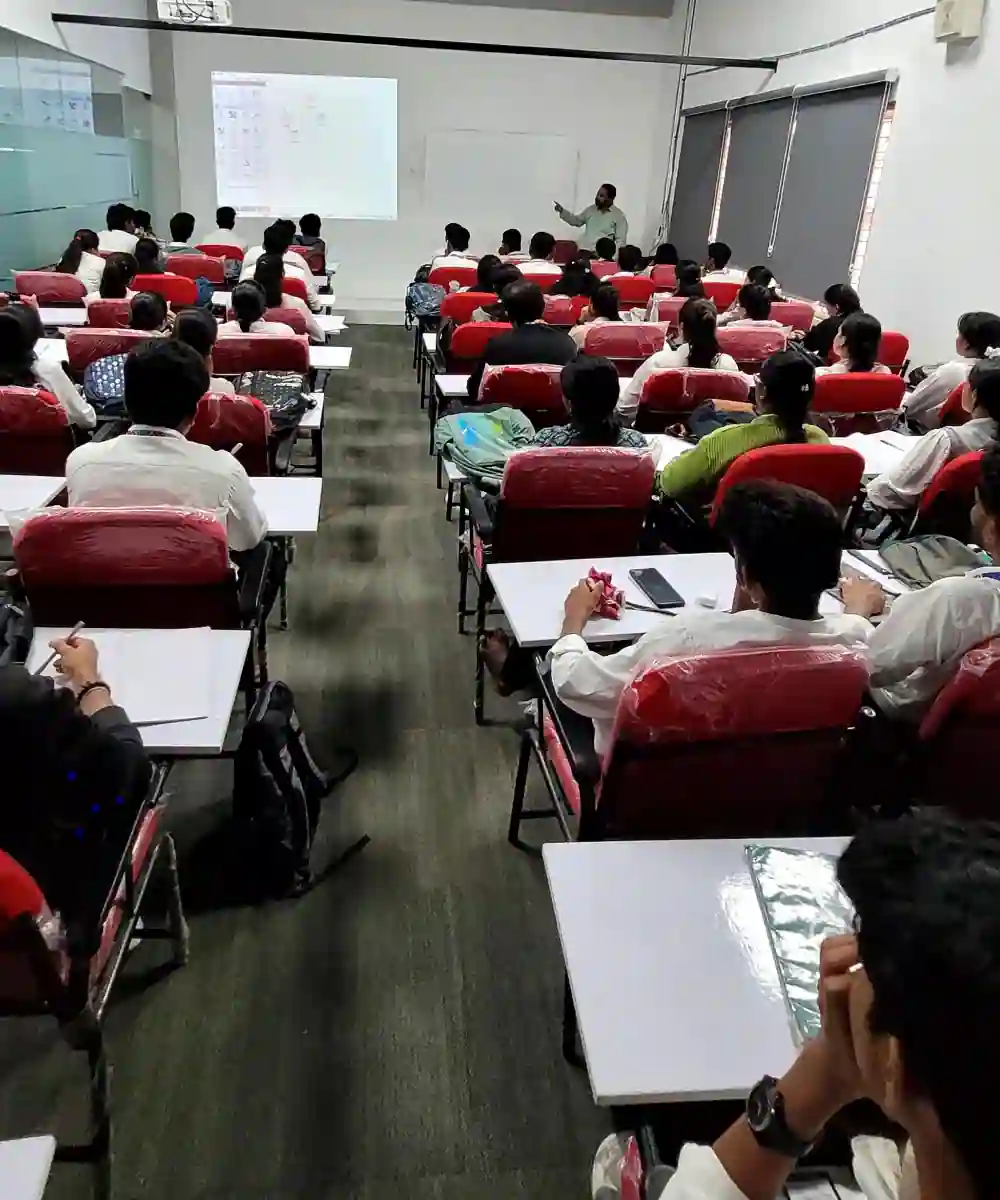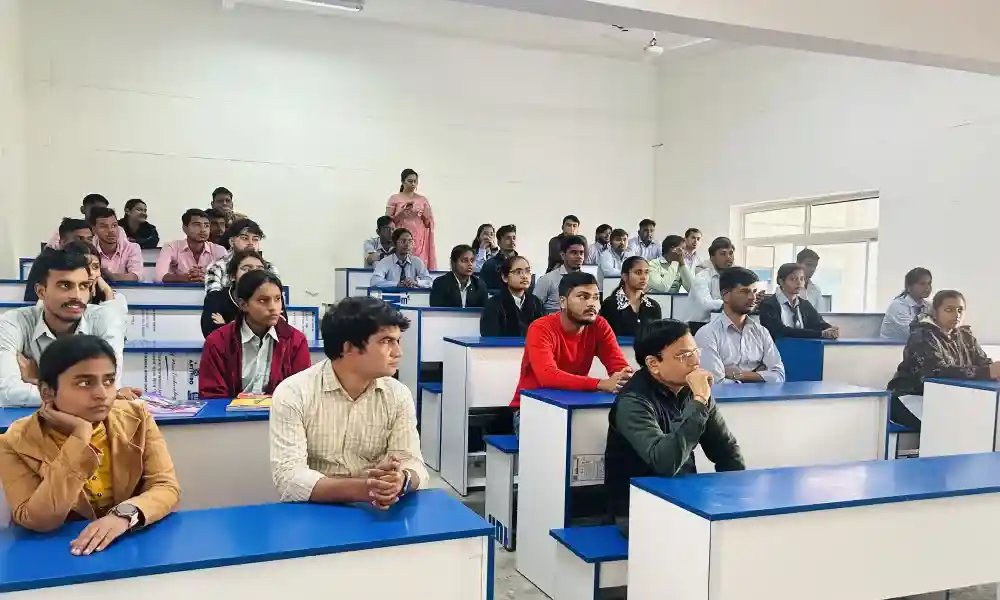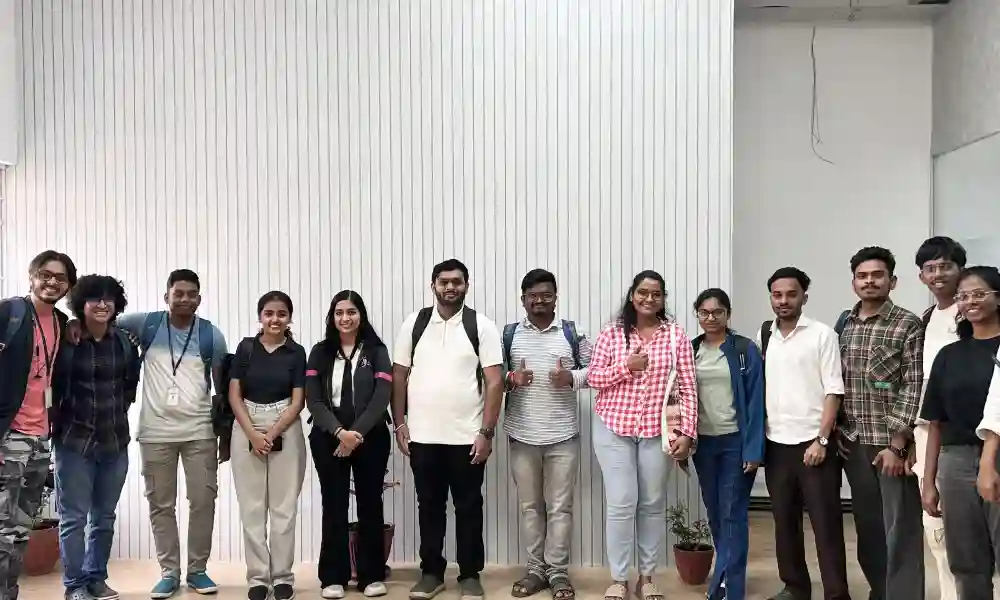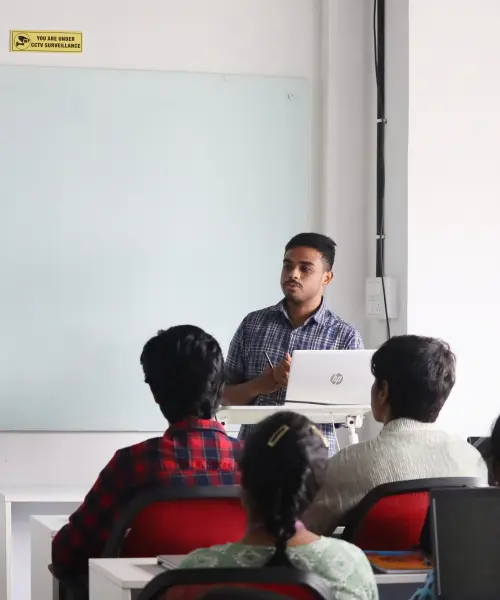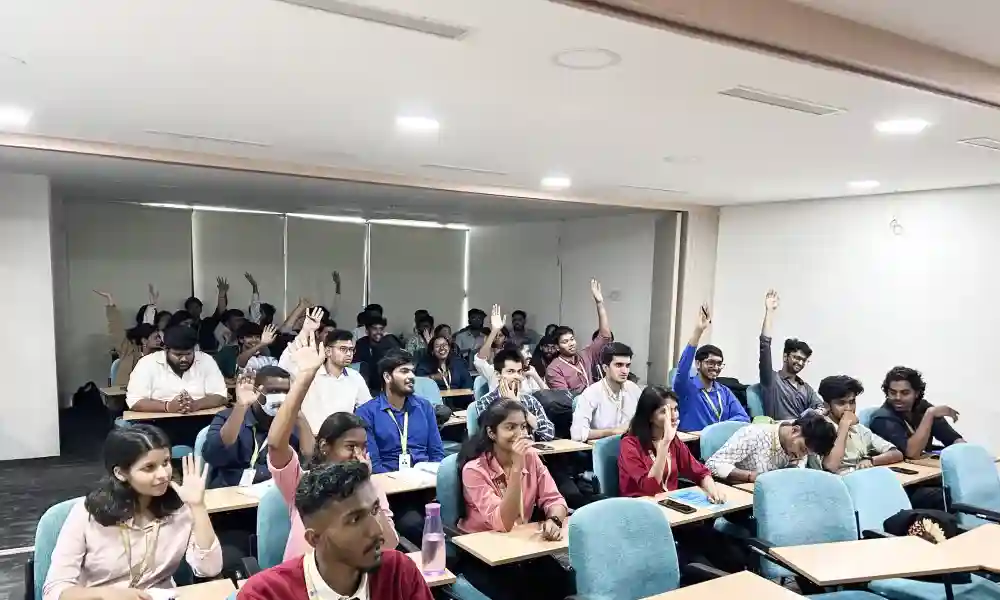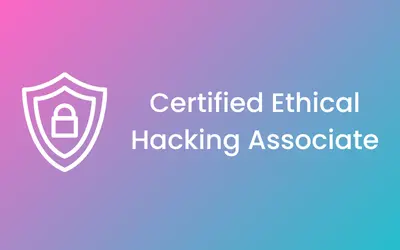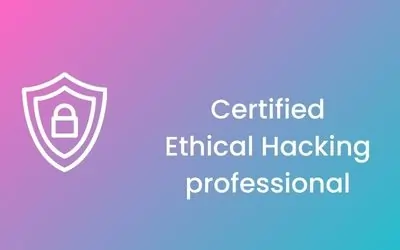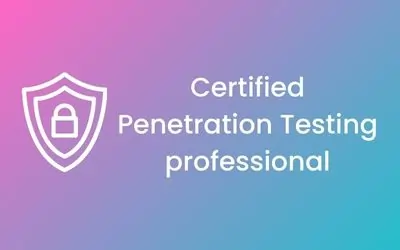CYBER SECURITY TRAINING IN GURGAON
-

-
(15244 Reviews)
-
Top Career Opportunities: Explore top job opportunities in Gurgaon's cybersecurity sector. Prepare for roles like security analyst or network defender.
-
Essential Skills for Success: Master crucial skills like ethical hacking, threat analysis, and data protection to excel in the digital world.
-
Practical Experience: Acquire valuable hands-on experience through internships at leading companies. Develop your skills and confidence to achieve an exceptional cybersecurity career.











